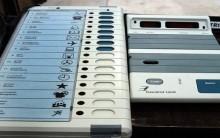
Search Results for: BrahMos missile

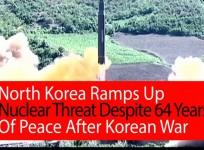
North Korea ramps up nuclear threat despite 64 years of peace after Korean War
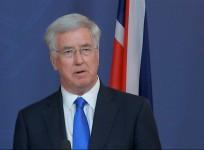
UK Defence Secretary: Beijing responsible for getting North Korea to abandon nuclear program

UK Defence Secretary: Beijing responsible for getting North Korea to abandon nuclear program
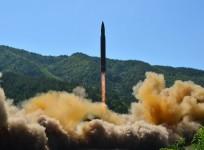
North Korea can hit US mainland with nuclear intercontinental ballistic missile by next year
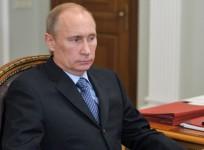
US House of Representatives pass sanctions bill
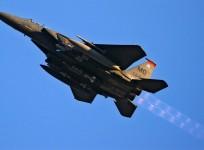
Chinese jets intercept American surveillance plane: US officials
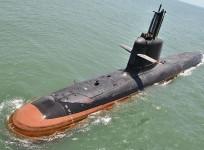
Watch out China, Pakistan: India to get 6 lethal stealth submarines

Star Wars VIII news roundup: The Last Jedi BTS reel, character posters and more
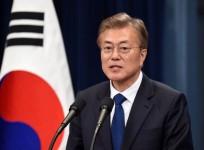
South Korea proposes military, family reunion talks with North Korea
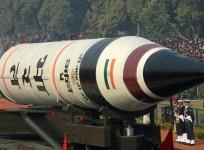
India's missiles in the works can reach all of China with nuclear warheads
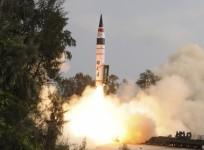
OPINION - India-China military balance: Specialist studies leading to sensationalised reporting?

US THAAD system hits intermediate-range test missile, but it's no match for North Korean ICBMs
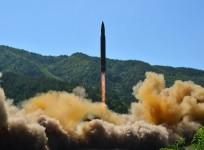
UN adopts global treaty to ban nuclear weapons; India refuses to attend talks
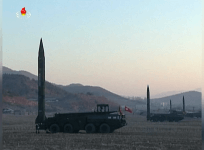
US puts THAAD missile defence system to test as North Korea tension builds up
Advertisement
Advertisement






